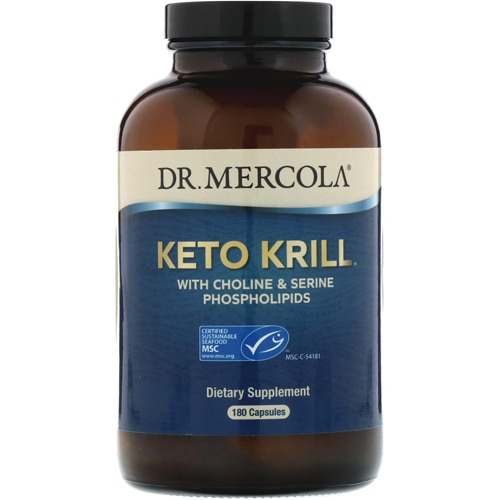Whether you’re looking to lower your blood sugar levels, curb cravings or shed excess body weight, the ketogenic diet is a popular eating plan that’s loaded with health benefits. By cutting back on carbs and bumping up your fat intake, you can switch your body into a state of ketosis to reap all of the rewards associated with going keto.
However, it’s not meant to be a long-term solution for better health. In fact, it’s generally recommended to follow the ketogenic diet for no longer than two to six months, unless under the supervision of a doctor.
Transitioning off of keto correctly is incredibly important. Jumping right back into a normal diet can cause increased hunger, bloating and weight gain. It can also wreak havoc on regularity, alter your mood and even tank energy levels. Loading up on the carbs can also impact blood sugar levels, which can cause issues like cravings, irritability, anxiety and dizziness.
So how can you ensure a seamless switch back into your normal way of eating, without the weight gain and negative side effects? Here are a few tips to help you transition off of keto and resume a regular diet.
1. Slowly increase carb consumption
Rather than ramping up carb consumption right off the bat, it’s best to increase your intake gradually. This can help minimize any potential side effects while also keeping your waistline in check to avoid regaining extra pounds.
Ideally, try increasing your carb consumption by around 10 grams per day until you reach your goal, which should be around 40 percent of your total daily calories. Additionally, be sure to keep track of any changes in the way that you feel and adjust your daily carb count as needed.
You can also try the technique of carb cycling, where you essentially eat healthy, higher carb four days of the week and keto the other three days. My wife Chelsea swears by the carb cycling diet for keeping her at her ideal weight.
2. Focus on fiber
Filling up on fiber is a great way to maintain weight loss and regularity when transitioning off the keto diet. Fiber moves through the digestive tract slowly to help keep you feeling fuller for longer while also optimizing digestive health. Picking healthy, fiber-rich foods can also slow the absorption of sugar in the bloodstream, preventing spikes and crashes in blood sugar levels as you slowly reintroduce carbs into your diet.
Fruits, vegetables, nuts, seeds and legumes are all great sources of fiber, along with a range of other vitamins and minerals that your body needs. Whole grains such as oats, buckwheat, barley and quinoa can also be enjoyed in moderation as part of a nutritious, well-rounded diet.
Limiting your sugar intake is one thing you should definitely take from the keto diet back into your regular eating routine. Added sugar is associated with a number of negative effects on health, including heart disease, diabetes, liver problems and even cancer. It also contributes little to your diet other than extra calories, which can increase the risk of weight gain over time.
Sweets, baked goods, fruit juice, dairy desserts and soft drinks are all concentrated sources of added sugar that should be limited in a healthy diet. However, there are plenty of nutritious alternatives that can help satisfy your sweet tooth, such as fruit or dark chocolate. Try making your own homemade trail mix, blending up a low-sugar smoothie or sprinkling fresh berries over yogurt or oatmeal for a wholesome snack.
4. Stay hydrated
Drinking enough water is essential for maintaining overall health, and staying well-hydrated plays a key role in regulating your body’s temperature, transporting nutrients and supporting brain function. However, it becomes especially important when transitioning off the ketogenic diet, as it can help prevent digestive issues, fight fatigue and keep you feeling your best.
As a general rule of thumb, aim for 25-50 percent your body weight in ounces of water daily. If you weigh 150 pounds, for example, you should try to squeeze in at least 38-75 ounces of water per day. Setting a timer, using an app to track your intake, or infusing your pitcher with your favorite flavors are a few strategies that can make it easier to help meet your daily needs.
5. Practice other healthy habits
Just because you’re switching up your diet doesn’t mean it’s time to throw out all the other healthy habits that you’ve picked up along the way. In fact, there are a multitude of different factors involved in weight control, and what you put on your plate is just one piece of the puzzle.
Besides enjoying a healthy diet rich in healthy whole foods, be sure to get plenty of sleep and incorporate a mix of aerobic and resistance training into your routine. Stress can also impact what you see on the scale, so be sure to practice a few stress-relieving techniques like yoga, meditation and deep breathing to keep stress levels to a minimum.




